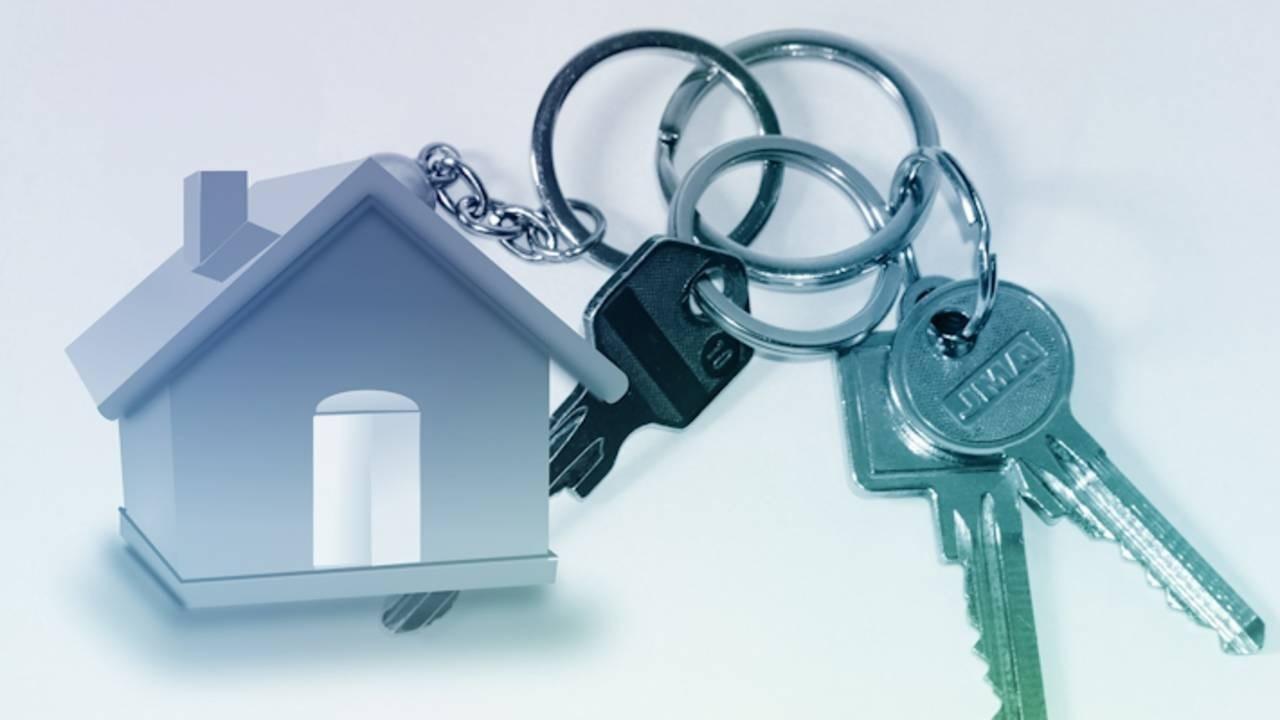How to get most of your money out of every deal

I’ve been in property for decades and I remember the days of no-money-down property purchases, but these are long gone.
You can’t get a 24-hour remortgage any longer. Most property investors now see it as a longer haul as that 25% deposit means money is trapped in every property you buy. The processes to get your money out fast and move on to the next purchase that made property a great way to generate an income have gone.
Does that mean that it’s no longer possible?
No – you just need different strategies – and I’ve been teaching investors these for several years.
Yes, it’s legal
There is NO element of mortgage fraud in my strategies. At every stage there is full disclosure regarding the transaction to every lender involved. Using creative finance it is possible to buy property, leaving very little of your own money in the deal.
Delayed completion
Using bridging finance with a clause that means works can be carried out on the property between exchange and completion. This...
‘Cash buyers only’

THE QUESTION
Why do some adverts say cash buyers only? I want to buy a property for £99K and have £27K but it says cash buyers only! It’s a gem too.
THE ANSWER
You should embrace 'cash buyer only' properties like your long lost rich uncle. They are serious money makers.
Cash buyer only' properties represent a fabulous buying opportunity
- That phrase puts off all mortgage-dependent buyers immediately, reducing your competition
- The owners know they can only sell to cash buyers and cash buyers are going to do what cash buyers do the world over, for any and every commodity, hammer down the price. So the owners are already prepared to take low offers.
Why pay £99K for it? Stick in an outrageous offer for £69K. On the basis that
- You don’t have to sell a property to buy this one
- You don’t need a mortgage
- You can exchange and complete in 28 days or less, if required
- You can provide proof of funds on request
- Your solicitor is on standby
£27K cash is all you need to buy t...
Leverage your equity

Most people who embark on property investment are not cash rich. Usually they have successful careers or may have run a business and have built up substantial equity in their own home, but don’t have massive savings.
To get started in property newbie investors often decide to release some of the equity in their own property to put down deposits on others. Property values are rising so the more properties you own, the more value you’ve got – and the price rises will go a long way to recovering the equity you’ve released. It all makes sense.
Or does it?
If you have more than 75% equity in your property then you could remortgage and get a chunk of cash out ready to buy your next property. Then you have to find that property – and that could take a while. So the cash is in your bank doing nothing and you’re paying interest on a bigger mortgage. Not so sensible, perhaps.
You could negotiate a loan against your property with your bank – but although possible, it’s going to take a w...
What’s the best option to buy property?

THE QUESTION
I'm not a homeowner, but looking to purchase - either residential, BTL or to buy a derelict property and flip.
I have a limited company with a turnover circa £200K and projected to double that in the next year. I have no personal debts or defaults and a good credit rating.
I'm entrepreneurial, confident I can flip properties, and would like some guidance in funding purchases. I've heard bridging finance, but don’t know if it’s the right strategy for me.
THE ANSWER
You have several potential options:
Use your main residence to flip
Advantages: no tax (CGT or income) payable on the profits
Disadvantages:
- Slow turnaround, as you will need to live in the property for at least a year to qualify for the no tax advantage
- Your ability to borrow is income-dependent and lenders are not interested in how much your company turns over, but how much profit you make i.e. make £20k profit on your £200k turnover and you won’t be getting offered much of a mortgage
- Disruption ...
Is the Estate Agent your friend?

Many investors see the Estate Agent as the adversary – or at best a necessary evil. After all, their client is the vendor, that’s where their commission comes from. But the smart investor knows better.
Unless you’re good at building rapport with estate agents, you won’t have many deals to consider, but there are ways to get estate agents to take you seriously. They need to realise that the more sales their vendors make, the more commission they’ll earn. If you are a multiple purchaser, they’ll start looking at you in a different light – if you know how to use the magic words that make them pay attention.
Look the part
Create a powerful, empowering first impression. You know that old saying:
You never get a second chance to make a first impression.
Your appearance and mannerisms must portray confidence. Confident people have a way of holding themselves that oozes positivity. You can be sure that this will be picked up quickly by the agent or the vendor.
In part it’s visual ...
Mortgages with No Early Redemption Penalty are dangerous

People say that a low-cost way to get your cash back out of a property purchase is to use the small group of Buy-to-Let lenders who offer mortgages that have no redemption penalty to finance the purchase.
After you have owned the property for six months, redeem that mortgage and get a new mortgage with a different lender. If the property can be valued at this point at more than the purchase price, you will get some of your deposit money back out to use in a new purchase.
It seems to make good sense – happy days for the investor. The only problem is it also leads to some very unhappy lenders.
The point here is that No Early Repayment Charge (NERC) mortgages are offered by no more than a handful of lenders and they were not created to give investors a cheap way of getting their deposit out of a property. The lenders expect borrowers to sit on them for years at a time and, amazingly perhaps, that is exactly what the vast majority of borrowers do.
Lenders think it gives a borrower t...
No money down ... it’s possible

THE QUESTION
At a recent property meet the subject of using an unencumbered property as security for Bridgers came up. Is it true that you can get 100% finance by using the house you’re buying and your unencumbered house as security to get the deposit money and refurb costs from the bridging?
THE ANSWER
Yes, it is perfectly possible to achieve this using bridging finance. In fact, I teach exactly how to do this under the Fast Funding Formula module in my Ninja Investor Programme workshops.
If you own an unencumbered property you can offer it as additional security to enable you to borrow 100% of the purchase price. More than that, you can also borrow the refurb costs too.
Bridgers will lend you up to 75% of the value of your unencumbered property.
It is also possible when your current property in not unencumbered, but has a lot of equity in it, typically 50% plus and this is a more common situation. Then bridgers will lend on a second charge basis.
Because second charge lend...
Two into one won’t go

THE QUESTION
If we were purchasing a property for cash would it be possible to purchase using two bridging providers to provide 100% of the purchase price?
The first one would have the first charge and the second would provide bridging on a second charge basis (such as Precise) and both forwarded amounts would be combined to form a 100% cash purchase.
The intension here isn't to deceive either provider and to be up front from the outset with both providers - just interested in other opinions as to whether it's doable.
THE ANSWER
No bridger is going to lend you 100% of the value of a property even if they have a first charge over it. They will never put themselves in a position where, if they had to sell the property quickly, they would be unable to recoup all of their investment.
If no bridger will lend 100% of value on a first charge, there is zero chance of any bridger being daft enough to top up to 100% of value on a riskier second charge.
However, if the question alters to ...
No cash? No problem!

When you’re buying property as an investment you need capital to put down a deposit – and then it’s locked into your property for six months or more, until you can remortgage.
With this approach you’ll be lucky to manage to add two properties a year to your portfolio, unless you have a very big nest egg. The do you want to lock your capital into a mortgage? You don’t have to, there are creative financial packages specially developed for property investors.
Do you fit the BTL lender’s typical profile?
Buy-to-let lenders like their clients to have a nice secure full-time job earning a minimum of £25,000 a year and have their own cash for at least a 25% deposit. If you have too many properties it can make them nervous in case you leave your secure job to become a full-time investor.
They don’t like people who want to remortgage their property after six months when the property has been refurbished and is now worth a lot more.
Serious property investors need to take a different app...
Getting the most for your money

THE QUESTION
Does bridging lend enough to cover the purchase price and the refurb cost? If not, how can you get the maximum amount of funding?
THE ANSWER
Most bridgers lend 70% of the purchase price, but a handful lend 70% of value. This is great if you are buying below market value (BMV) as you can use the discount towards your deposit, but to buy with no money down (NMD) you would need a discount of 30% plus.
You would still need to pay for the refurb, although some bridgers will lend you money to cover that too, but in staged payments and in arrears. This means you would still need some cash to get the project started. It may be possible for you to borrow the reduced amount of cash you need privately and bridge the rest.
For example: I brokered a deal last year where the asking price was £350k. A £250k offer was accepted, which meant the bridger lent 95% of purchase price.
The refurb cost was £50k, the borrower spent £25k of their own cash, then the bridger lent another £...




